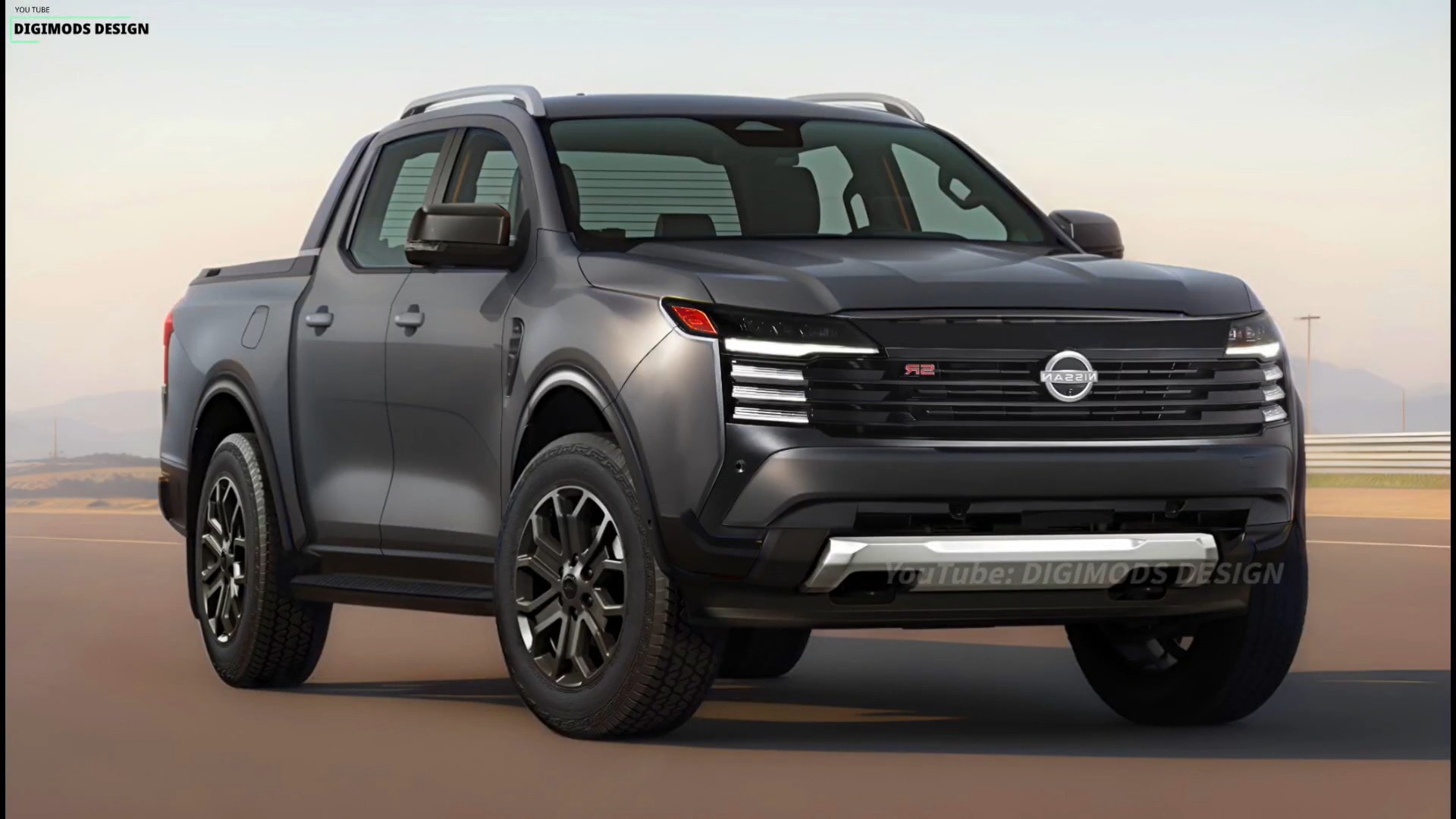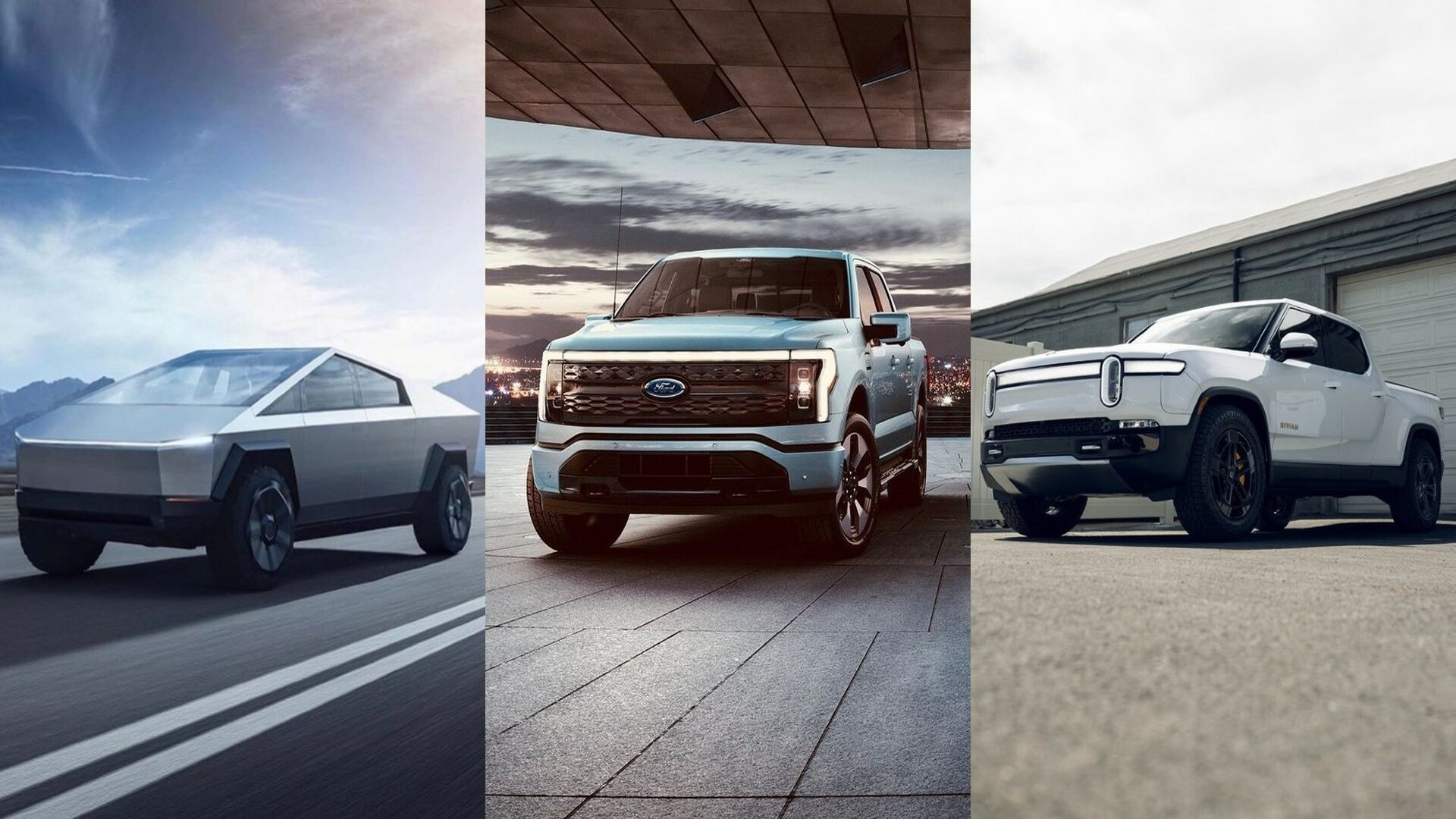There is big trouble brewing in the truck town. Sales of those rigged-out luxury pickup trucks from Ford, GM, and Stellantis are slumping in 2024, according to Bloomberg. This is a blow to electric vehicle (EV) hopefuls because these hefty profits from gas-powered trucks are what fund the development of new EVs.
Fewer truck sales could mean a slower shift towards electric cars for these automakers as they rely on that cash to develop and manufacture new electric vehicles.
This is particularly concerning for electric vehicle (EV) development because these profitable trucks typically fund EV research. Further dampening the EV outlook, Ford hasn’t delivered any electric F-150 Lightnings since February due to an undisclosed issue.

While high prices haven’t scared away all truck buyers, rising interest rates and increased competition from smaller and more affordable SUVs and sedans seem to be chipping away at demand according to Bloomberg.
Normally, full-size trucks have been a golden goose for Detroit automakers.
But with sales slumping perhaps more affordable options like the hybrid Ford Maverick starting in the $20,000s, might become more attractive to budget-conscious consumers. This shift in consumer preference could force a recalibration of the automakers’ strategies.

A 2022 study by the Union of Concerned Scientists found electric trucks emitted less CO2 than gasoline trucks, regardless of charging location in the US.
Another 2022 study added fuel to the fire, estimating that electric pickups could not only replace nearly half of gasoline trucks on the road, but also do so with a lower ownership cost. Interestingly, the Biden administration recently relaxed fuel economy regulations and making it easier for automakers to continue producing and selling large trucks and SUVs.
So, while electric trucks are on the horizon, it seems the love affair with big, traditional gas guzzlers might continue in the US for some time.

